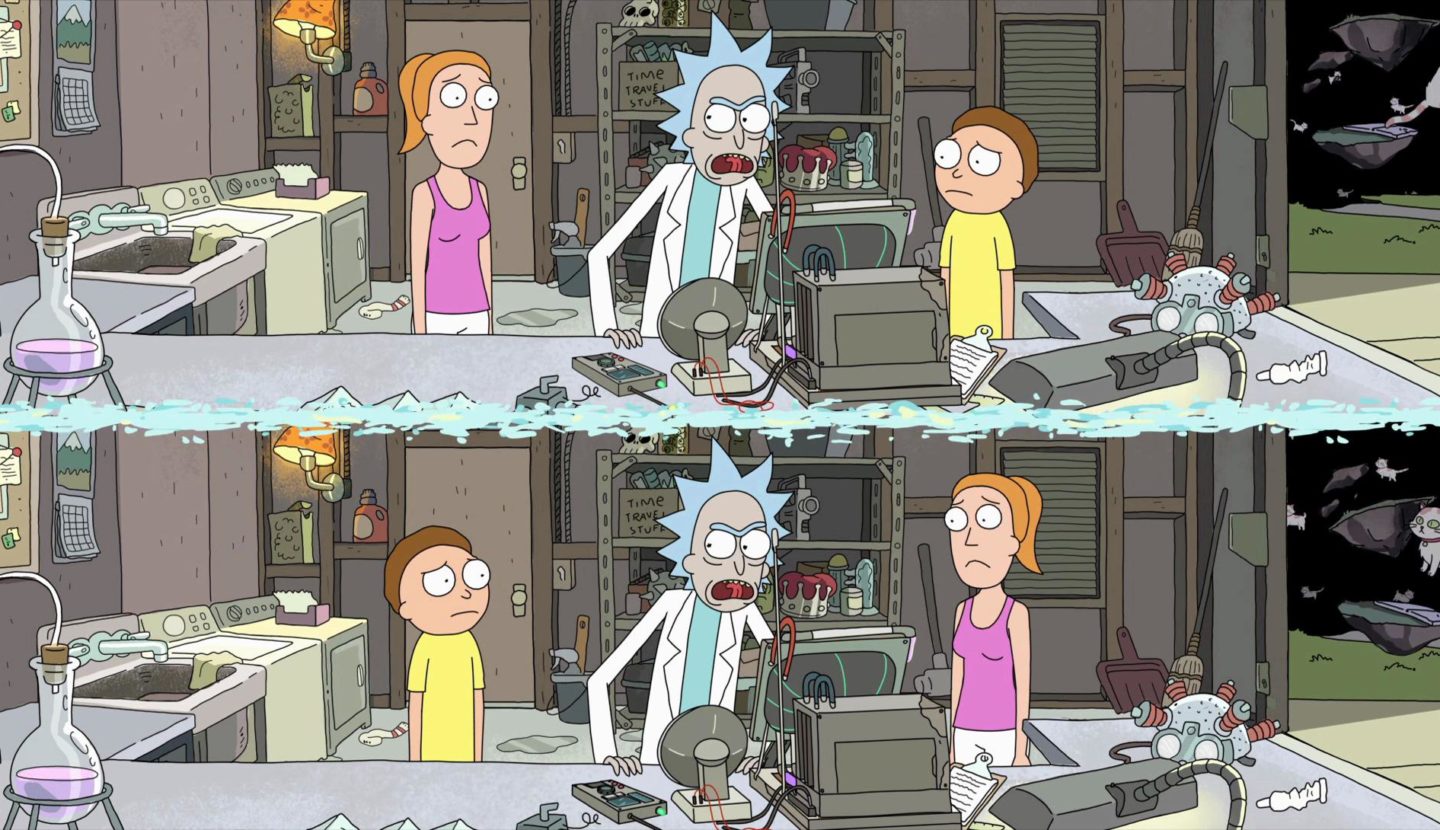#57 – Tom Kalil on how to have a big impact in government & huge organisations, based on 16 years’ experience in the White House

You’re 29 years old, and you’ve just been given a job in the White House. How do you quickly figure out how the US Executive Branch behemoth actually works, so that you can have as much impact as possible – before you quit or get kicked out?
That was the challenge put in front of Tom Kalil in 1993.
He had enough success to last a full 16 years inside the Clinton and Obama administrations, working to foster the development of the internet, then nanotechnology, and then cutting-edge brain modelling, among other things.
But not everyone figures out how to move the needle. In today’s interview, Tom shares his experience with how to increase your chances of getting an influential role in government, and how to make the most of the opportunity if you get in.
He believes that Congressional gridlock leads people to greatly underestimate how much the Executive Branch can and does do on its own every day. Decisions by individuals change how billions of dollars are spent; regulations are enforced, and then suddenly they aren’t; and a single sentence in the State of the Union can get civil servants to pay attention to a topic that would otherwise go ignored.
Over years at the White House Office of Science and Technology Policy, ‘Team Kalil’ built up a white board of principles. For example, ‘the schedule is your friend’: setting a meeting date with the President can force people to finish something, where they otherwise might procrastinate.
Or ‘talk to who owns the paper’. People would wonder how Tom could get so many lines into the President’s speeches. The answer was “figure out who’s writing the speech, find them with the document, and tell them to add the line.” Obvious, but not something most were doing.
Not everything is a precise operation though. Tom also tells us the story of NetDay, a project that was put together at the last minute because the President incorrectly believed it was already organised – and decided he was going to announce it in person.
American interested in working on AI policy?
We’ve helped dozens of people transition into policy careers. We can offer introductions to people and funding opportunities, and we can help answer specific questions you might have.
If you are a US citizen interested in building expertise to work on US AI policy, apply for our free coaching service.
In today’s episode we get down to nuts & bolts, and discuss:
- How did Tom spin work on a primary campaign into a job in the next White House?
- Why does Tom think hiring is the most important work he did, and how did he decide who to bring onto the team?
- How do you get people to do things when you don’t have formal power over them?
- What roles in the US government are most likely to help with the long-term future, or reducing existential risks?
- Is it possible, or even desirable, to get the general public interested in abstract, long-term policy ideas?
- What are ‘policy entrepreneurs’ and why do they matter?
- What is the role for prizes in promoting science and technology? What are other promising policy ideas?
- Why you can get more done by not taking credit.
- What can the White House do if an agency isn’t doing what it wants?
- How can the effective altruism community improve the maturity of our policy recommendations?
- How much can talented individuals accomplish during a short-term stay in government?
Get this episode by subscribing to our podcast on the world’s most pressing problems and how to solve them: type 80,000 Hours into your podcasting app. Or read the transcript below.
The 80,000 Hours Podcast is produced by Keiran Harris.














